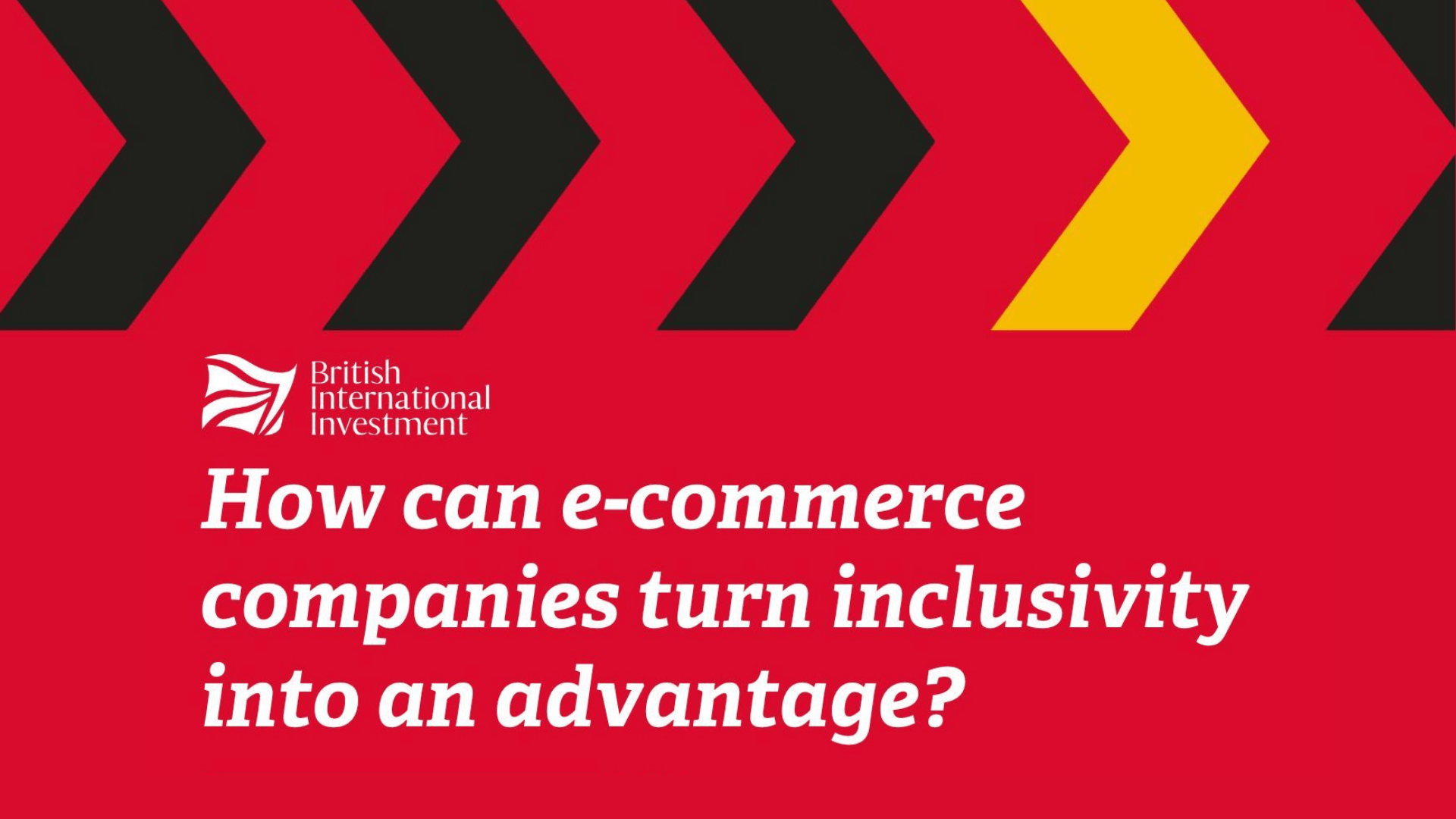All topics
How can e-commerce companies turn inclusive strategies into business advantage?
March 31, 2025Report

E-commerce is one of the fastest-growing sectors in Africa, projected to reach over 153 million users by 2029.1 The size of Africa’s e-commerce market is projected to increase by nearly 40% in the next four years, reaching $56 billion by 2029, from $40 billion in 2025.2 In India, even faster growth is expected: the e-commerce industry is projected to expand from $67 billion in 2025 to approximately $100 billion by 2029, with 375 million users.
While different types of e-commerce models exist (marketplace, social e-commerce, sales via own brand websites), this publication focuses on pioneering marketplace companies implementing ‘inclusive’ strategies. We define these as strategies enabling either improved inclusion of customers otherwise underserved (due to geographic or economic challenges), or improved livelihoods for value chain intermediaries.
We will also show how these inclusive strategies not only create impact, but also drive growth and competitive advantages for the e-commerce companies implementing them.
About Jumia
Jumia is a leading e-commerce platform in Africa. Our marketplace is supported by our proprietary logistics business, Jumia Logistics, and our digital payment and fintech platform, JumiaPay. Jumia Logistics enables the seamless delivery of millions of packages while JumiaPay facilitates online payments and the distribution of a broad range of digital and financial services.
Follow us on, Linkedin Jumia Group and X @Jumia_Group
For more information about Jumia:
Abdesslam Benzitouni
[email protected]

